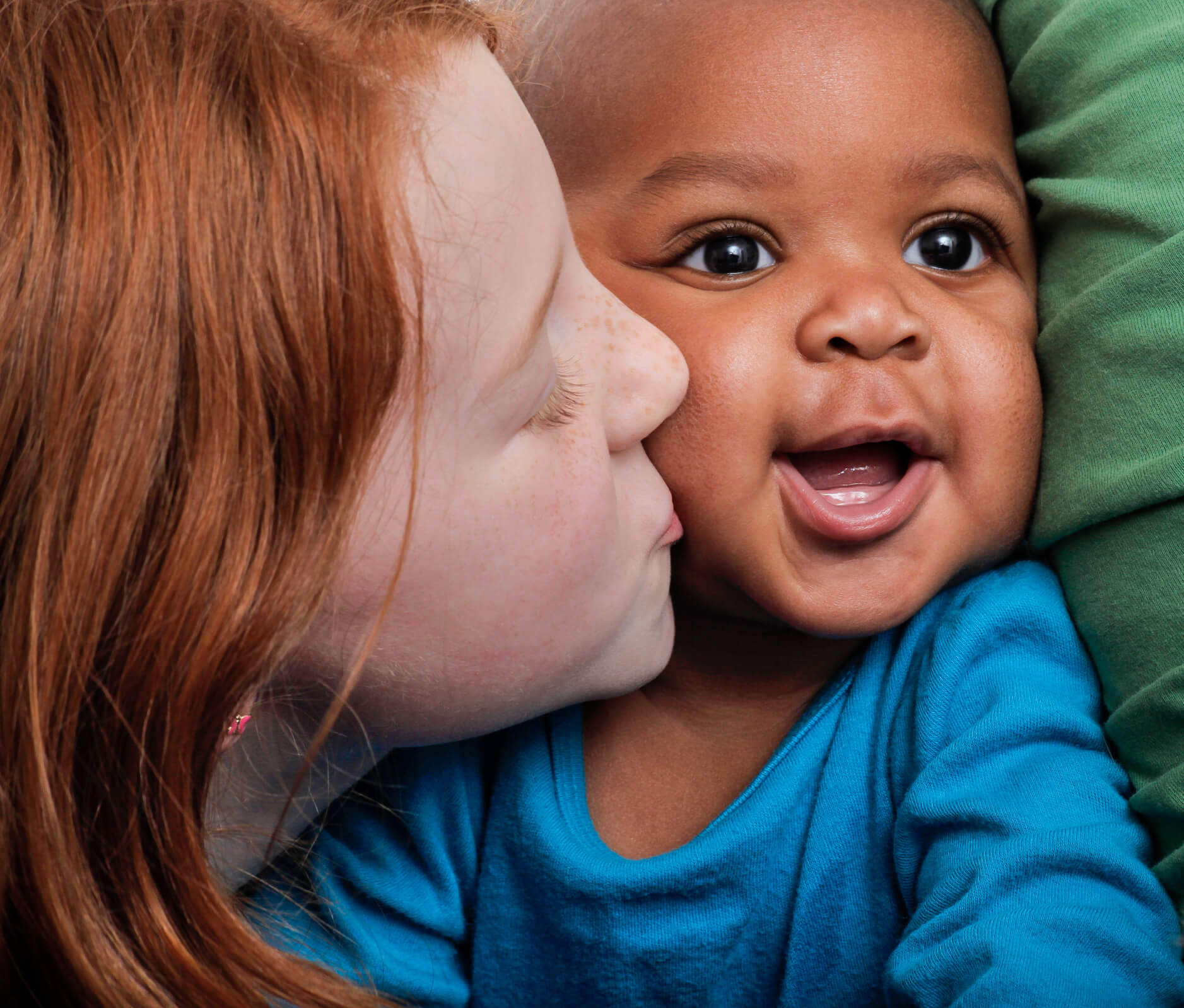There are many wonderful ways to form a family. For many same-sex couples and those struggling with infertility or health challenges that make pregnancy difficult, two common options are adoption and surrogacy.
 These family-building methods share several similarities; they are both rewarding, life-changing journeys on the path to parenthood. Surrogacy and adoption also differ in a few key ways. It is up to each hopeful parent to consider these differences, as well as their personal circumstances, as they decide which option is best for them.
These family-building methods share several similarities; they are both rewarding, life-changing journeys on the path to parenthood. Surrogacy and adoption also differ in a few key ways. It is up to each hopeful parent to consider these differences, as well as their personal circumstances, as they decide which option is best for them.
To help you in the decision-making process, here are five important differences of adoption vs. surrogacy:
1. You may or may not be genetically related to your child.
One advantage of gestational surrogacy is the possibility that one or both intended parents can be biologically connected to their child. The intended parents’ eggs and/or sperm can be used to create the embryo, which is then medically transferred to the surrogate’s uterus. This biological relationship makes surrogacy a popular option for families who feel strongly about having a genetic child. In addition, being biologically related to the child can help simplify the legal process and give intended parents more control during the pregnancy.
On the other hand, adoption typically involves an unplanned pregnancy, and the birth mother is the biological parent of the child. This means that intended parents will not have a genetic relationship to their baby. It may also mean that the birth mother could have more complicated emotions to process. In some instances, this can cause the legal and social aspects of the adoption process to become more complicated than surrogacy.
2. The costs of adoption and surrogacy vary.
Whether you choose adoption or surrogacy, you will be responsible for a number of expenses during the family-building process, including agency fees as well as legal and medical costs. However, surrogacy involves the additional expense of fertility treatments and surrogate compensation, which can make surrogacy costs more expensive than adoption.
3. The screening and matching process is different.
Southern Surrogacy is very focused on finding the perfect match for each surrogate and intended parent who joins our program. While many adoption programs allow adoptive parents to specify certain criteria about the types of adoption opportunities they are open to, the birth mother typically reviews many families’ profiles and ultimately chooses the family to adopt her baby.
The surrogacy matching process tends to be more mutual and personal. Southern Surrogacy will get to know both parties personally, through an extensive screening process that includes background checks, home visits, medical and psychological evaluations, and more. Our experienced surrogacy professionals then hand-select potential matches and present each party’s profile one at a time. The surrogacy process will move forward only when both parties express a mutual interest in working together.
4. Your involvement in the surrogacy or adoption process may vary.
Adoptive parents have little control in the adoption process, and depending on their circumstances and relationship with the expectant mother, they may not be involved in most of the pregnancy. Legally, prospective birth parents have the right to change their mind about the adoption at any point in the process. This can create a sense of uncertainty for adoptive parents — there are few guarantees regarding the birth mother’s commitment to adoption, the birth father’s support of the adoption, the prenatal care the baby is receiving, and more.
However, in surrogacy, there is a legal contract in place that clearly outlines each party’s expectations and relationship to the baby. Because this legal agreement is negotiated and signed ahead of the medical surrogacy process, there is never any question that the surrogate is carrying the baby for the intended parents, and that she will keep herself and the baby healthy during the pregnancy.
5. Medical and legal processes will differ.
Surrogacy is a complex legal and medical process. It involves a planned pregnancy, which is achieved through a series of medical procedures, as well as a legal contract that clearly outlines each party’s roles and responsibilities to the child. The majority of the legal work is completed prior to the baby’s birth, which means there are very few surprises in the surrogacy process.
The same medical and legal procedures are not required in the adoption process. Instead, the legal adoption process takes place after the baby is born, when the birth parents legally consent to the adoption and the adoptive parents are granted custody by the court.
There are many factors to consider when debating surrogacy vs. adoption. However, the most important is your family’s needs and circumstances.
To learn more about surrogacy, contact Southern Surrogacy for a free, initial phone consultation. If you are interested in adoption or your other family-building options, the attorneys at Claiborne | Fox | Bradley|Goldman may be able to provide additional information and services to help you make the decision that is right for your family.






